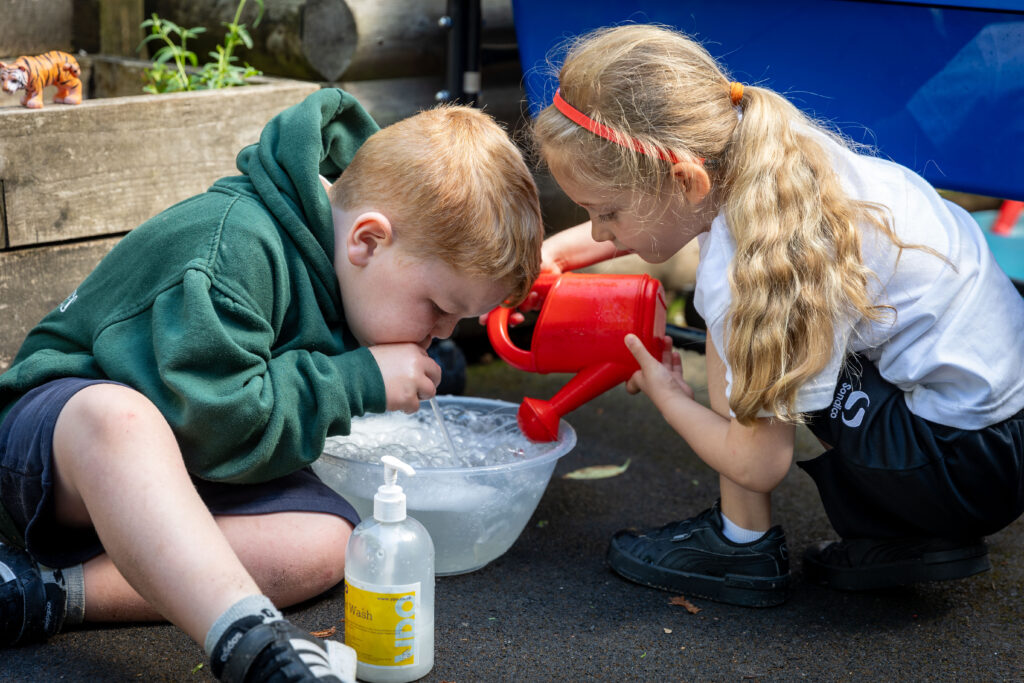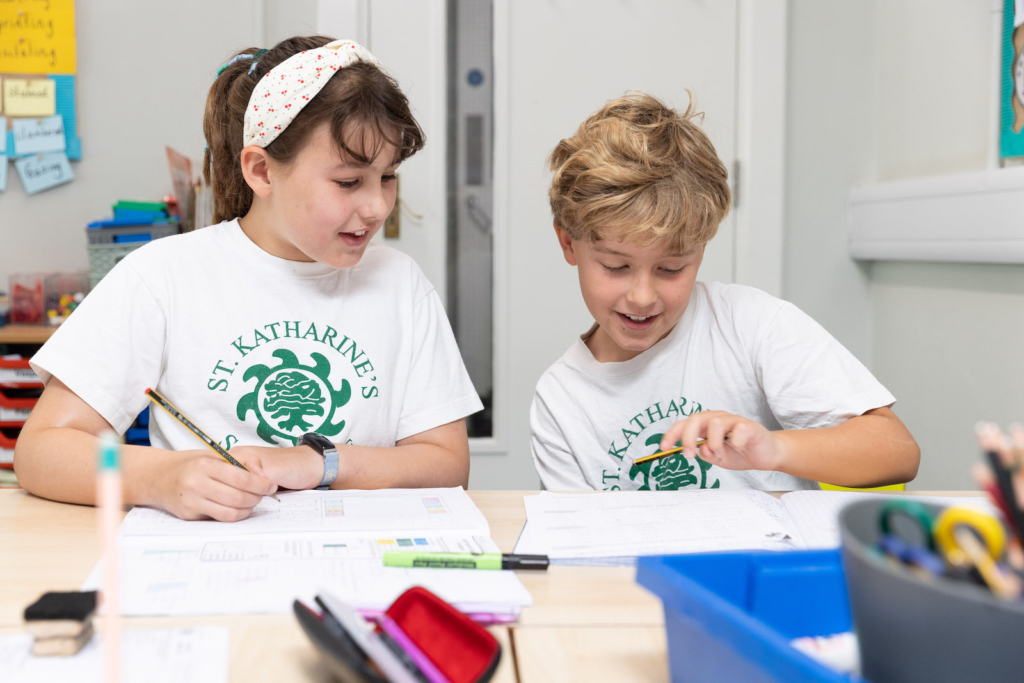Our 5 R’s
You will see the poster below displayed in classrooms and around the school. It is a culmination of much work over a period of years to bring together strands of pedagogy in a way that makes sense to our learners and represents the practice that is current amongst our teachers and support staff. Our journey began with exploring the 5R’s with our children. Resilience, Relationships, Risk Taking, Resourcefulness and the ability to Reflect.

We see these as essential learning attitudes if children are going to meet challenge and enjoy how that feels. Without resilience for example you will not be prepared to take on any learning that might result in mistakes being made. Without the ability to take risks and accept mistakes as part of the learning process you are unlikely to make the progress you might otherwise do. The ability to reflect on your learning and see that it could be better requires resilience and your awareness of relationships needs to be strong if you are to accept feedback and give feedback to others. Children need to be resourceful also, the ability to get what you need for your learning or try something else with different equipment or a different approach is vital if children are going to make the steady journey to becoming truly independent, lifelong learners.


The above work is truly interconnected and we were very proud to have arrived at our Purple Learners image having explored the different ideas and shared these with the children.
Purple Learning
As a school we worked with the educational consultant Di Pardoe to explore what it meant to be a ‘Purple Learner’. This idea encourages children to think about how well they are challenged in their learning and to accept that challenge and a little bit of struggle are not only good for us but necessary for learning to take place. We talk with children about the ‘blue’ zone being where learning is easy; not too much effort is required of us and learning is therefore slow. The ‘red’ zone is when learning is too difficult; understanding is hampered, we may become frustrated and our learning is again minimal. The ‘purple’ zone is our ideal learning place. We are challenged but we have enough prior knowledge and skills to succeed. Mistakes are likely and the learning will not be easy; children need to understand and develop awareness of this and hopefully come to enjoy tasks where much is expected of them. Our work with all our classes is focussed on helping children to become purple learners so that they come to enjoy the sense of achievement and accomplishment when they have succeeded at a task that required lots of hard work and effort.
The work of psychologist Carol Dweck has shaped thinking around mind-sets, grit and the development of talent in children and young people. A google search of her name will take you to some interesting articles. Follow the link to the Ted Talk below to listen to how teacher Angela Duckworth noticed the significance of this in her own classroom.
https://www.ted.com/talks/angela_lee_duckworth_grit_the_power_of_passion_and_perseverance
Growth Mindset
Put simply, a growth mindset is a way of thinking. We understand that learning can be tricky, that we will make mistakes and that by working hard and applying ourselves, our ability in any area of the curriculum can grow. We can apply this thinking to any subject; those that are our strengths and those that we find difficult. The opposite of this is a fixed mindset. We think that learning is static, that we are good at some things and not good at others. We may think that effort will make no difference to our ability to achieve. It is natural to be more fixed about the things that we find difficult but a fixed mindset about a strength will also mean that learning slows down, as children are unlikely to want to make mistakes or take challenges so that they can maintain a view that they are ‘good at maths’, for example.

This is a sophisticated idea. Our teachers support children, when they are ready, to understand the principals behind it. Children are able to notice themselves having a particular mindset about a particular task and understand how that might affect how they learn.
Psychologist Carol Dweck has worked to explore the impact of mindsets on learning.
Carol Dweck: A Summary of The Two Mindsets And The Power of Believing That You Can Improve

